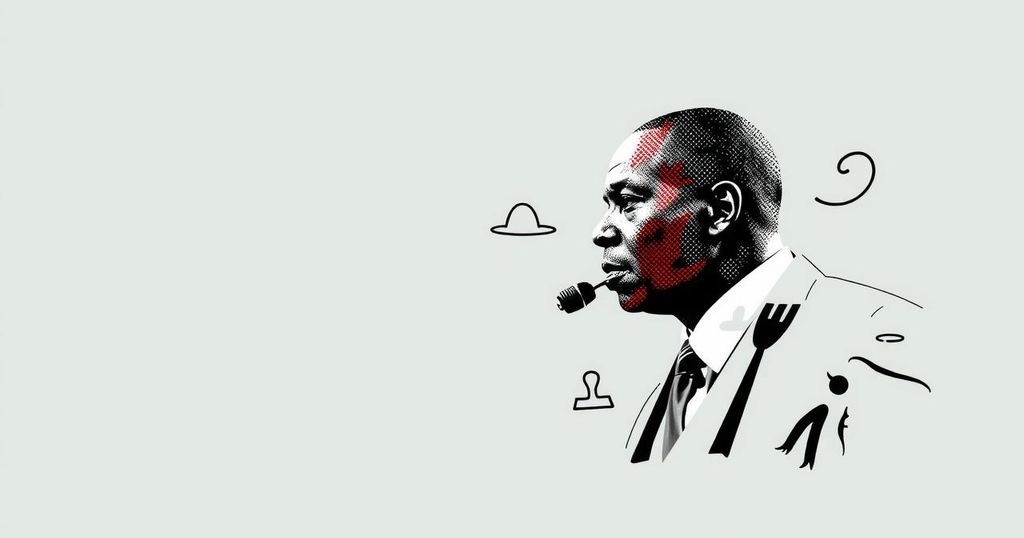The ruling Botswana Democratic Party (BDP) is seeking another term as elections take place amidst economic challenges and environmental issues, including a high unemployment rate of 27%. Incumbent President Mokgweetsi Masisi faces three main challengers, while former President Ian Khama returns to campaign after accusing Masisi of authoritarianism. The BDP promises economic diversification in response to declining diamond demand and climate change threats.
Botswana is poised to conduct elections on Wednesday, wherein the ruling Botswana Democratic Party (BDP) aspires to secure another five-year term in office. The BDP has held a longstanding position as one of Africa’s most enduring ruling parties, having maintained its authority since the nation gained independence from British rule in 1966. The party is currently confronted with significant challenges, namely a struggling economy and the adverse effects of climate change. The forthcoming election will determine the composition of parliament, with lawmakers subsequently electing the president. Incumbent President Mokgweetsi Masisi, who previously worked as a high school educator and a United Nations employee, seeks to win a second and final term. Historically recognized as a model of stable governance and economic progress, Botswana’s recent challenges include a decrease in global demand for diamonds and a rising cost of living, contributing to an alarming unemployment rate that has surged to 27%. In light of these economic difficulties, the BDP has pledged to implement measures aimed at diversifying an economy that has become excessively reliant on diamond exports. The nation is particularly vulnerable to climate change, which exacerbates issues such as desertification within sub-Saharan Africa. The election will also witness Masisi facing off against three primary contenders: Duma Boko, representing the main opposition party, the Umbrella for Democratic Change; Dumelang Saleshando of the Botswana Congress Party; and Mephato Reatile, who is associated with the Botswana Patriotic Front. Moreover, the election is anticipated to reignite existing tensions between Masisi and former President Ian Khama, who has accused the incumbent of increasingly authoritarian tendencies. Khama, having returned from self-imposed exile in South Africa, is campaigning for the Botswana Patriotic Front and has faced legal challenges, which he claims are politically motivated accusations of illegal firearm possession and receiving stolen goods. Vote counting is expected to commence following the close of polls later on Wednesday.
The current electoral landscape in Botswana is shaped by the enduring presence of the BDP, which has dominated the political scene for nearly six decades. The party’s governance is now being tested by economic turmoil and environmental challenges, both of which threaten the nation’s stability and prosperity. Specifically, Botswana has been affected by a downturn in diamond demand, its key economic driver, along with rising living costs that have contributed to soaring unemployment rates. The upcoming election serves not only as a referendum on BDP’s governance but also reflects wider societal issues, including the intense political rivalry between Masisi and Khama, adding layers of complexity to the overall electoral dynamics.
In conclusion, Botswana’s upcoming elections represent a pivotal moment for the nation, as the BDP seeks to extend its lengthy rule amid pressing economic and environmental challenges. The results will not only shape the future direction of domestic policy but also reveal the state of political competition in a country long viewed as a beacon of stability within Africa. With various contenders presenting alternative visions for governance, the outcome could signify a significant shift in Botswana’s political landscape, particularly in light of the unresolved tensions between the incumbent president and his predecessor.
Original Source: www.namibian.com.na






